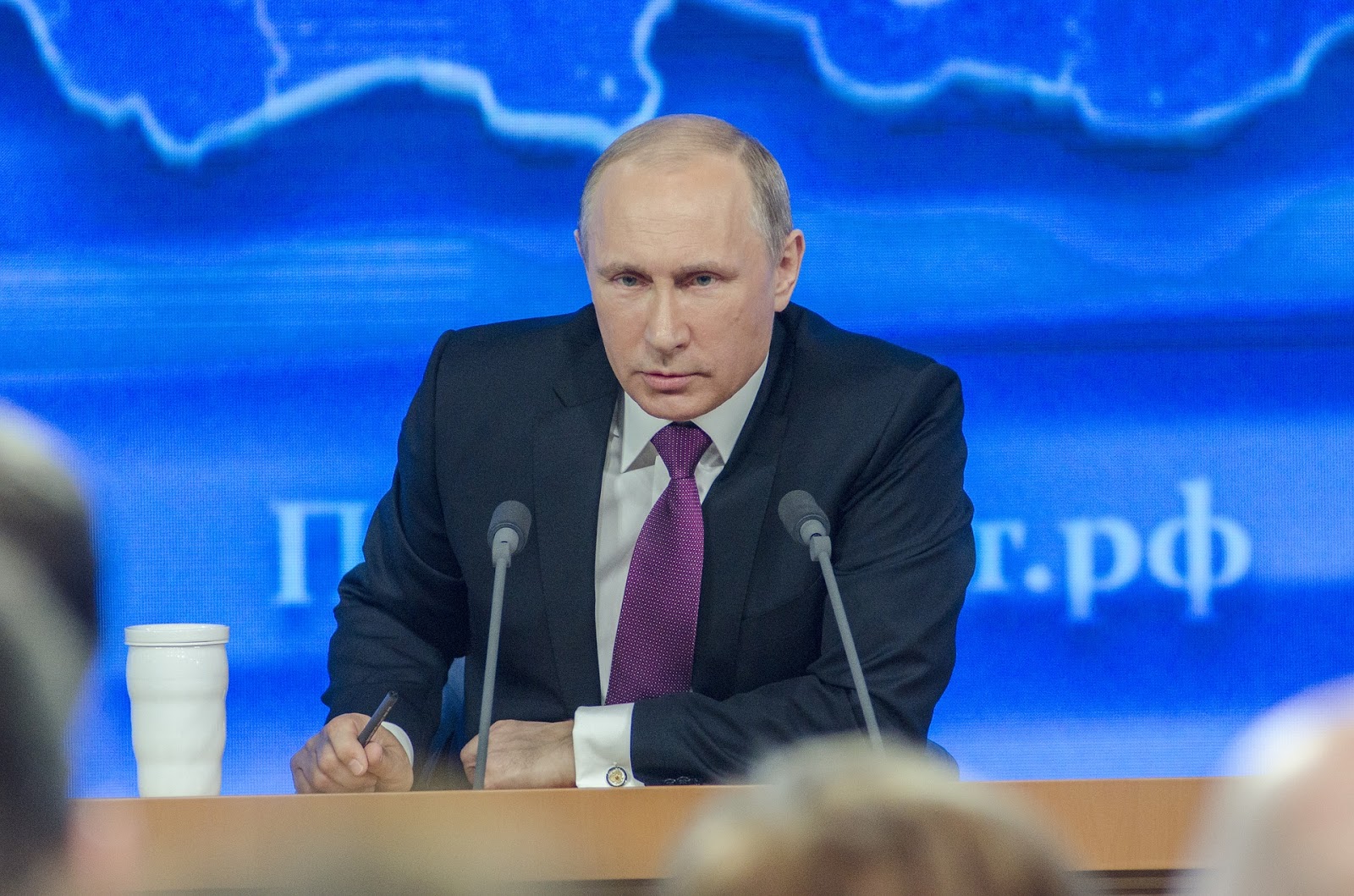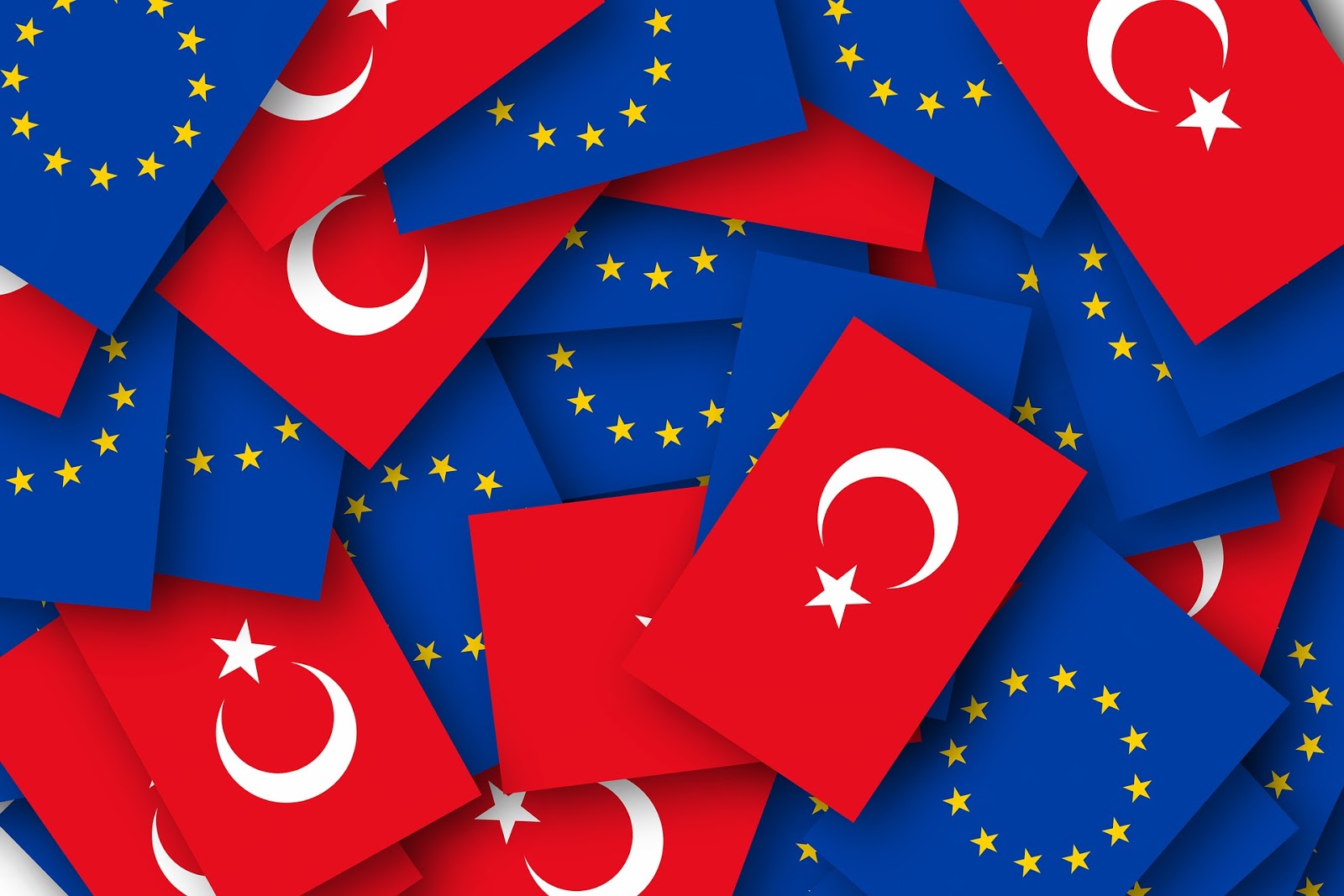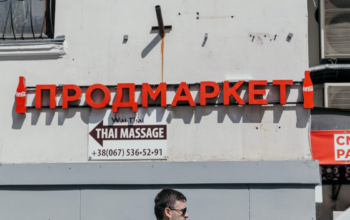If the European Union were a person, it would more than likely be going through a period of severe existential crises right now. To say it has a lot on its plate at the moment would very much be an understatement; from Brexit and all the joys that come with the territory, to several of its other key members having significant internal political issues, all the way to the by-now pretty much constant worrying signs coming from both the West and the East, as led by Trump and Putin respectively. The former’s commitment issues to the EU and NATO alike, and the latter’s need to constantly show off its military dominance (as if we could ever even get the chance to forget) are very much a constant in the Union’s priority agenda. But not too far behind all these lies Turkey, in all its nationalist, yet utterly unpredictable glory.
The perfect utilitarian friendship
Apart from being NATO’s second biggest armed force, Turkey also has the (mis)fortune of being placed in a geopolitically incredibly interesting location, one that quite literally acts as the bridge between the East and the West. Although its nationalist agenda has become clearer than ever during the past year and a half, ultimately Turkey remains critically unpredictable, making its role of a strategic fault line that much more potentially perilous.
Out of the 38 percent of Turkey’s generals that were sacked, the majority were pro-Western secularists, according to one military analyst. The 400 Turkish military envoys to NATO that were ordered home were replaced by not-quite-as-qualified Erdogan-loyalists. Many of these are antagonistic towards NATO and more than friendly with its enemies. Another not so insignificant worry is Turkey’s increasingly warmer relationship with Russia ever since the coup, with Erdogan being increasingly enamoured of and looking up to his Kremlin equivalent.

The warming of Turkey’s relationship with Russia implies a certain message to both the EU and NATO, one with not-too friendly of a tone. For Putin, Erdogan is merely a means to an end, a pawn to weaken and deepen the divide between NATO and the West even further, a strategic objective at the game he has been playing way before Erdogan ever took notice. The new constitution put forward by the referendum epitomises the concept of illiberal democracy, one that some EU members are no strangers to either, and one with Russia very much at the forefront.
Keep your friends close, and your friends with questionable motives – closer
Despite all this, Turkey remains a crucial ally to the EU, even if the allyship is being tested on a regular basis. Turkey matters, not just because of its size, both in terms of population and armed force, but also because of the vast impact it continues to have in shaping the political forces of the world. In many ways, it must walk the thin line between Western liberalism and authoritarian nationalism as epitomised by Russia & Co. In more than one sense it bears the brunt of the burden of the violence that is still spewing from Syria, even though in absolute terms in much smaller numbers than just a year ago. In a way, the referendum in April 2017 was a test of whether democracy and political Islam can be reconciled, even though the result of the referendum should not be taken as a definitive answer to that question.
During the campaign for the referendum, both German and Dutch officials were accused more than once of ‘Nazi practices’, with the accusation against the mayor of Rotterdam being particularly ironic due to both the history of the city in the context of WWII and the personal background of the mayor himself. Even after the referendum result Erdogan wanted, he continued to provoke the EU with things not big or significant enough to justify an actual retribution, but not quite small enough to go completely under the radar either, and these things keep piling up.
Although de jure the Turkish accession talks haven’t been suspended yet, de facto they are at this point moribund at best, with both sides being more than aware of this. Some in the West will use Turkey and its current situation to justify their claim that Islam and democracy are fundamentally incompatible, and partially, they would be right. But to completely admit that would be to give up on Turkey in the state that it’s in today, and that’s not something the EU is ready to do at this point, no matter how provoked it may feel.
Partly, of course, this is due to self-interest. Both as a crucial NATO member and a vast regional power, Turkey is simply too important to cut off. It has played and continues to play an indispensable role in the remains of the fighting in Syria. Giving it that final boost to jump right into Russia’s arms would also make no sense, strategically-speaking. Then there is of course also the EU-Turkey refugee deal, bringing with it the obvious consequences.
Sometimes the best action is no (re)action
With European parliamentary election fast approaching, the general consensus tends to be not to react to provocations by Turkey, and the main idea is that we have seen it all by now, so just ‘endure’ another year. But what if there is more to come? Is patience and tolerance really a virtue at the point when it means waiting just that tiny bit too long, or tolerating something that should not be tolerated? Depending on who decides and the pretext that led up to that decision, the line can potentially become even more blurred than it is now, and the grey zone between the EU and its not-friend, but not-quite-foe-either – even greyer. For now, however, Turkey and the European Union remain in a loveless marriage.
By Dora Car
Photo credits:
Image 1 by geralt, ‘europe-turkey-conflict-germany‘, CC0 Creative Commons
Imge 2 by DimitroSevastopol, ‘putin-policy-the-kremlin-russia’, CC0 Creative Commons





